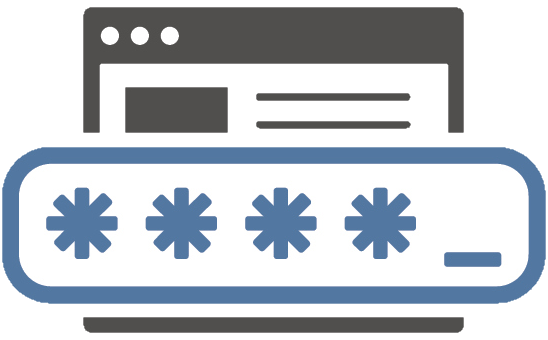ROT & File Clean-Up
Identify and eliminate Redundant, Obsolete and Trivial content (ROT) to keep data clean, compliant and implement better content management across the enterprise.
Studies show that 30-40% of all content stored by businesses is considered ROT (Redundant, Obsolete, or Trivial data), or content that has no enterprise value. Redundant data can be exact duplicates and copies of the same file. Obsolete data is considered anything that is “old” or dated by your own business standards and processes, for example, a PowerPoint from 15 years ago. Trivial data is defined as data having no enterprise value, such as .tmp, .db, .dll files, out-of-office emails.
Unorganized, unstructured, and unknown data can result in lost productivity, slower systems backups and poses a regulatory and privacy compliance risk (GDPR) by not having the proper controls in place for the handling of sensitive data.
Storing useless data could not only be costing your company millions in hardware and storage each year, but it may also be putting your business at risk.

ROT & File Clean-Up
Keep data environments clean & compliant by removing ROT.
Valora’s PowerHouse AutoClassification Suite scans and monitors multiple shared drives, ECMs and email to locate and eliminate Redundant, Obsolete and Trivial (ROT) content within your organization. It automatically identifies, classifies and removes unnecessary content based on: relevant content (keywords) or lack of relevant content (spam), exact copies (duplicates) and versions (near duplicates) and by file type (temp files) and file size (0 byte files). Removing ROT can benefit businesses by:
- Reducing storage costs by eliminating an average of 30-40% of redundant content
- Reducing system back-up time and resources
- Increasing employee productivity by optimizing content searches to only relevant content
- Eliminating the risk of unknown or duplicate content that may contain Personally Identifiable Information (PII)

Reducing ROT: Valora’s Proven Approach
Locate and act on Redundant, Obsolete and Trivial data (ROT) from multiple sources across the entire enterprise with Valora’s 5-step methodology and AutoClassification technology.
Scan all content from everywhere across the enterprise.
Scan and locate content from all disparate data sources across the entire business; from emails and embedded attachments to shared drives and cloud storage environments.
Determine the kind, type and context of the content.
Determine what’s ROT and what’s not — exact duplicates, near duplicates, temp files, junk mail, out-of-office emails. The machine-learning algorithms in Valora’s PowerHouse Platform will learn as it goes and will auto-identify content considered ROT.
Know where and what your ROT is & make business decisions.
Uncover your risk by knowing where your ROT is what your ROT is. Realtime reports help businesses better understand the actual cost of storing unnecessary data to determine ways to cut storage costs.
Establish processes and workflows to manage ROT.
Automatically classify files by content, apply metadata and automate rules for handling ROT. Establish schedules that will scan repositories and determine outcomes for ROT across the enterprise.
Automate perpetual scans for ROT.
Catch it and act on it before it becomes unwieldy again. Constantly monitor and audit data environments for new and edited content and automatically apply appropriate rules and workflows to move, archive or delete ROT on an ongoing basis – with no system downtime.
Data Migration
Move, migrate, archive and action content from anywhere to anywhere across the enterprise.
Records Management
Discover how Records and Information Management professional leverage Valora’s technology.
AutoClassification
Learn best practices for the automation of document processing, analysis and disposition.
Related Resources
Explore Valora Technologies’ Resource Library for helpful articles, videos, presentations, white papers, blog posts and more.
PowerHouse™ AutoClassification to Manage Content from 30,000 Employees Worldwide
This technology and AI leader has a large and diverse workforce, with many new hires and terminations each year…
Valora Autotranslation
In an increasingly multi-cultural world, it’s no wonder corporations, government agencies…
Implementing a Virtual Vault with AutoClassification
Learn what a “Virtual Vault” is and how AutoClassification can be leveraged to tie your organization’s content together across time, space, people, and topics.
BlackCat MetaData Management & Data Visualization
Easily manage data and document control, reporting and analytics in a secure, private web browser environment.



